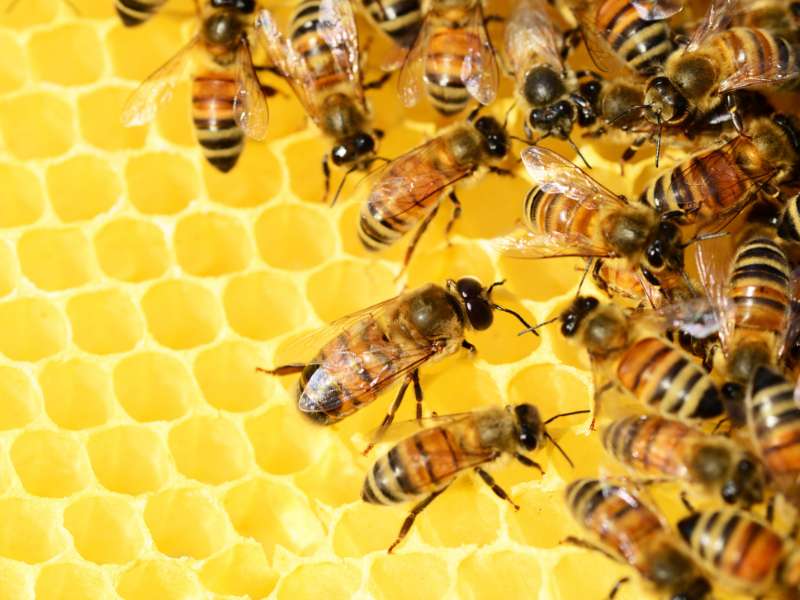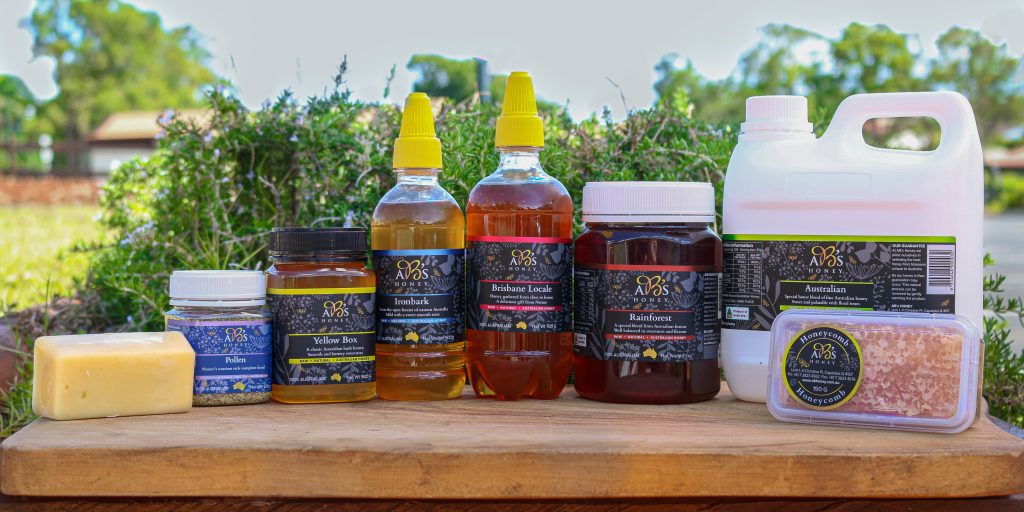World Bee Day is observed annually on May 20 and plays a critical role in raising awareness about the importance of bees and other pollinators and the threats they face. World Bee Day was officially declared by the United Nations General Assembly in 2017 and first celebrated in 2018.
The date holds historical importance as it marks the birthday of Anton Jansa who was born in 1734 in Slovenia and is considered a pioneer of modern apiculture. He was one of the first advocates of the importance of bees in natural ecosystems and emphasised beekeeping as a significant agricultural activity. Jansa wrote several key books on beekeeping, and his innovative techniques and observations significantly advanced the understanding of bees and their behaviour.
Bees are essential for food production. Approximately a third of the food consumed each day relies on pollination mainly by bees, including fruits, vegetables, seeds, nuts and oils. The biggest movement of livestock in Australia occurs each year when thousands of beehives are moved to pollinate the almonds.
Bees face numerous threats to their survival including pesticides, habitat loss, diseases, and parasites like Varroa Mite and Fire Ants. World Bee Day helps to spotlight these issues, promoting action ranging from international policy changes and bans on harmful pesticides to local actions like planting bee-friendly flowers and reducing pesticide use. This is a great video on the impact of the sprays.
Did you know?
- Honey can only be produced by bees
- A bee will beat its wings 200 times per second
- Bees fly up to 5km from the hive to forage
- It takes 18 honey bees to pollinate avocado flowers to produce 1kg of fruit?
- Bees can’t see red
- Bees have 5 eyes, 3 simple eyes on top of their head and 2 compound eyes
- A bee’s brain is extremely sophisticated and is the size of a tiny grain of sugar
- Bees can sense the hormone a human gives off when they are scared
- To collect 1kg of honey, bees need to make approximately 150 000 flights; fly between 150 000 and 450 000km and visit more than 1 million flowers
- A bee hive contains worker bees; drone bees and most importantly the Queen bee. They all have specific roles to play within the hive.
- Worker bees – clean the honeycomb cells; care for the brood; tend to the Queen, guard the hive; and forage for nectar; pollen water and propolis. A strong hive has about 40 000 worker bees and they are all female.
- Drone bees – will mate with the Queen and then die. A strong colony will have a few hundred drones. In times when food is short, worker bees will reduce the number of drones.
- A Queen Bee can lay up to 1000 eggs per day and up to 1.5 million eggs in her live time. She secretes a hormone that unites her colony. She is also larger than other the other bees.
How can you help?
- Use organic or heirloom seeds. Did you know commercial seeds which are available in supermarkets and hardware stores are likely to be coated with neonicotinoids. Neonicotinoids are a nerve poison and affect bees by making them disorientated and can cause death. Neonicotinoids have been banned in the EU and need to be banned in Australia. You can sign the petition here.
- If you are in an area that has Fire Ants, research natural alternatives to eradicate them.
- Don’t use products that contain glyphosate. Let your clover and dandelions bloom. Ask your council, local schools and sports grounds to stop using glyphosate.
- Give a living plant as a gift such as lavendar, basil, rosemary, bottle brush, daisies, nasturtiums, borage. Calendula is a great source of pollen and nectar.
- Try to plant your flowers in bunches or clumps, so it’s easier for bees to spot them from a distance. Look for types of flowers that bloom at different times of the year, as bees need food sources all year round.
- Have a water source for bees available. Don’t forget to have some rocks or even marbles for bees to rest on, it will stop them drowning.
- Use fun resources like the Bee movie to educate children on the importance of bees.
- Don’t feed bees store-bought honey.
- Buy 100% Australian honey.
- Replace sugar with honey and support Aussie beekeepers.
- Join the global waggle dance
The next time you see a bee, take a moment, and think of how much of our food depends on bees and all the amazing things they do and the little things you can do that will make a big difference to help their survival.

